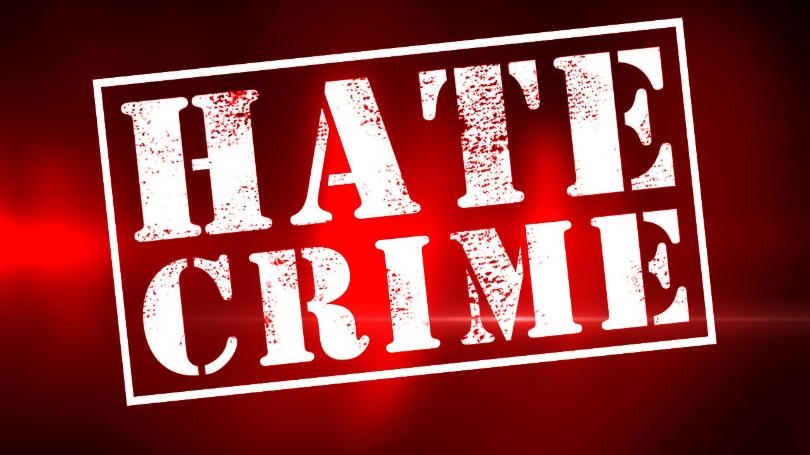Training on reporting hate crimes for LGBTI people, Roma people and returnees
 Sarajevo Open Centre is implementing a project “Protecting Affected Communities: Improving the implementation of hate crime regulation in Bosnia and Herzegovina “. The project is financially supported by Permanent Representative of the Kingdom of the Netherlands to the OSCE in Vienna, and it included three one-day trainings in period from January to March 2019. named “Hate crimes, how to report violence to the police and prosecutor’s office”.
Sarajevo Open Centre is implementing a project “Protecting Affected Communities: Improving the implementation of hate crime regulation in Bosnia and Herzegovina “. The project is financially supported by Permanent Representative of the Kingdom of the Netherlands to the OSCE in Vienna, and it included three one-day trainings in period from January to March 2019. named “Hate crimes, how to report violence to the police and prosecutor’s office”.
Hate crimes in Bosnia and Herzegovina are directed against returnees who represent ethnic and religious minorities in these areas, as well as property and religious objects linked to the minority groups, Roma and LGBTI persons. It is of great significance for these groups, who share some of the protected characteristics (race, religion, national or ethnic origin, sexual orientation, gender identity), and who are more often victims of hate crimes because of these characteristic, to get acquainted with ways to protect themselves from growing violence.
Trainings for strengthening capacities of members of marginalized groups were held in the following cities: Sarajevo for LGBTI persons, Tuzla for Roma people, Doboj for returnees, with altogether over 39 participants attending.
The one-day trainings were held in order to help understand why it is important for returnees, LGBTI persons and Roma people to get acquainted with topics and issues regarding these criminal offenses, and to learn how to protect themselves from violence. One of the goals was also to present knowledge and experience regarding hate crime through topics they have not had the opportunity learn about, in order to help them in future prevention and fight against these types of criminal offences in BiH.
Participants of these interactive trainings were able to listen and to actively participate in the subject matter of hate crimes. The exact subject was the significance of criminal codes of Republika Srpska, Federation of BiH and Brčko Distrikt, what are hate crimes, in which way do criminal codes regulate these offences, why is it important for all of us to be aware of existence of these laws and how do they protect us. It was necessary to mention the ways to recognize incidents and hate related crimes, to know how to distinguish them, how to and to whom one can report them, what are our rights in judicial institutions: how do police officers/prosecutors treat us and how do we behave towards them.
Within the project, 8 one-day trainings were held for the socially affected categories of these crimes, attended by 108 participants.
educationhate crime